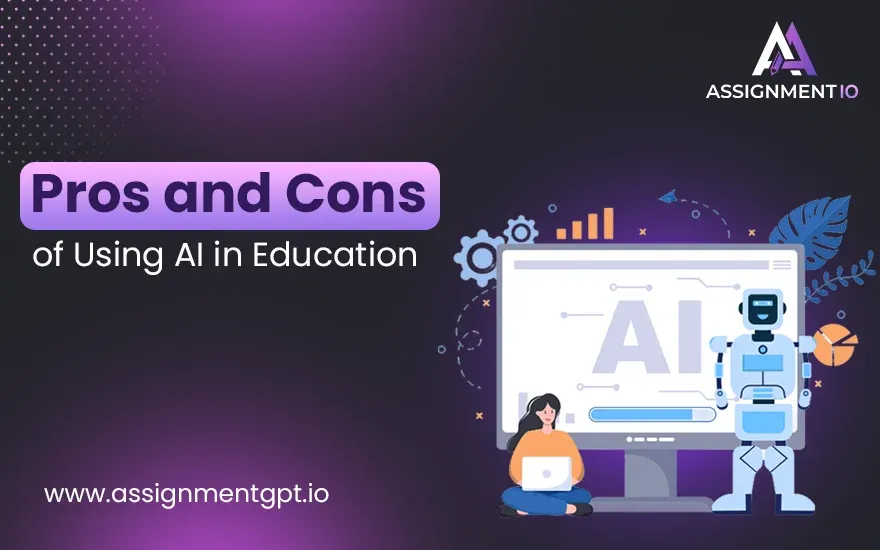The Pros and Cons of Using AI for Homework

Kevin Gohil
Artificial intelligence is already transforming many sectors, among them education. One of its applications which has become the subject of much debate, though, is using AI for homework. While AI tools have many benefits, such as increased efficiency and accessibility, they also raise some key issues about academic integrity and the learning experience in general. This article discusses the benefits and the drawbacks of the use of AI for homework and how its use affects students, instructors, and learning in general.
Quick Summary
When it comes to homework, AI tools in the form of writing assistants, chatbots, image generators, and AI tutors are revolutionizing the approach to homework work. Firstly, these tools help enhance efficiency and supplement support for research and learning. Secondly, they appear to discourage student engagement, allow for plagiarism, and in some cases provide inaccurate outputs. The article will explore this duality in the application of AI in school use and direct teachers and students on how to apply AI with moral conscience.
Examples of AI Tools
Popular AI tools include ChatGPT for writing, Grammarly for grammar checks, Wolfram Alpha for math solutions, Canva for design, Quillbot for paraphrasing, and Turnitin for plagiarism detection. These tools enhance productivity across various tasks.
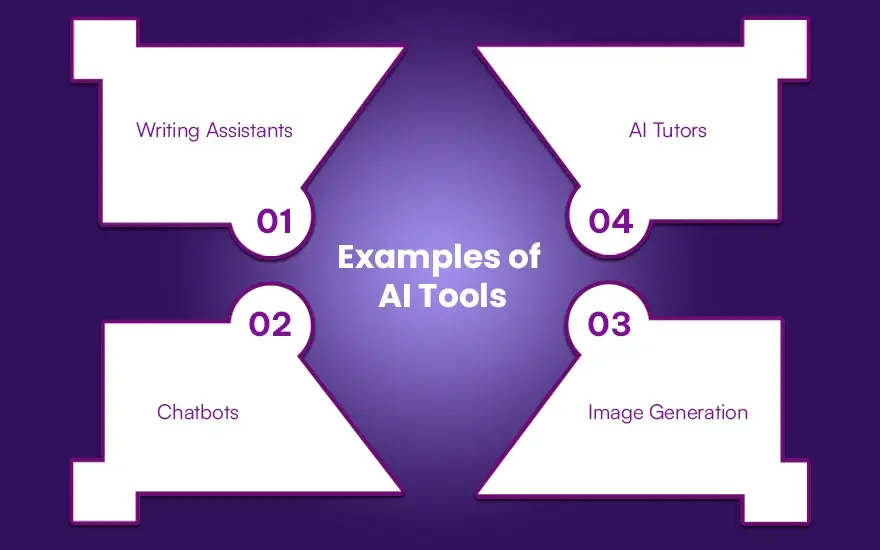
1. Writing Assistants
Writing assistants such as Grammarly, Quillbot, and ChatGPT are available to help students cope with high-quality writing. They improve grammar with suggestions on styles and even generate content. They can write or summarize essays and even help a student to make a paper more coherent. Using these tools can save time while improving the quality of the assignments.
2. Chatbots
One such AI powered chatbot is ChatGPT and Google Bard. It answers relevant questions, explains things, and can help students grasp challenging topics through simplification of concepts or even lead them through problem-solving. Such chatbots provide immediate feedback and each student gets individual support, making them an efficient and accessible resource for a managing a difficult homework assignment.
3. Image Generation
Tools like DALL·E and Canva revolutionize the creation of visual content for projects. Students can create high-quality illustrations, infographics, and diagrams in a matter of hours with much less effort. These tools are simply most beneficial in creative assignments when illustrating ideas, making more captivating and professional presentations, even for unskilled design people.
4. AI Tutors
Khan Academy, Duolingo, and Coursera are some of the adaptive learning-based platforms which adapt lessons to suit individual needs. Through these programs, lessons are accompanied by personalized feedback, quizzes, and explanations that give meaning to weak areas. With such individual attention, students find it more effective for a better grasp of hard subjects with better homework assignments.
Also read this aticle : 15 Best Online Homework Help Websites for Students
How Teachers Can Deter AI Cheating?
Teachers can deter the misuse of AI by adopting the following strategies:
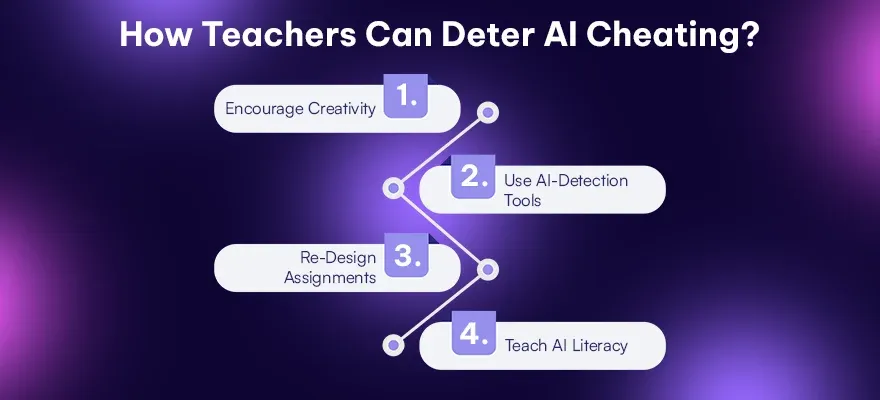
1. Encourage Creativity
Teachers can focus homework assignments on personal insight and unique perspective. Creativity encourages a student to focus more on his authentic voice rather than AI tools.
2. Use AI-Detection Tools
Tools such as Turnitin, Copyleaks detect AI-generated content. These tools foster responsibility and dissuade students from submitting anything unoriginal.
3. Re-Design Assignments
Creating open-ended questions, oral exams, or creative projects demands a lot of critical thinking, thus, AI-generated solutions tend to be less effective. It challenges the learner to engage actively with the material.
4. Teach AI Literacy
Educators can teach students the ethics of AI use and dangers of overdependence. Educating responsible usage promotes integrity and ensures that AI is used as a tool rather than a shortcut.
Pros of Using AI for Homework
AI simplifies homework by offering instant answers, improving learning with tailored explanations, boosting creativity through idea generation, saving time, and enhancing accuracy. It's a valuable tool for personalized and efficient study assistance.
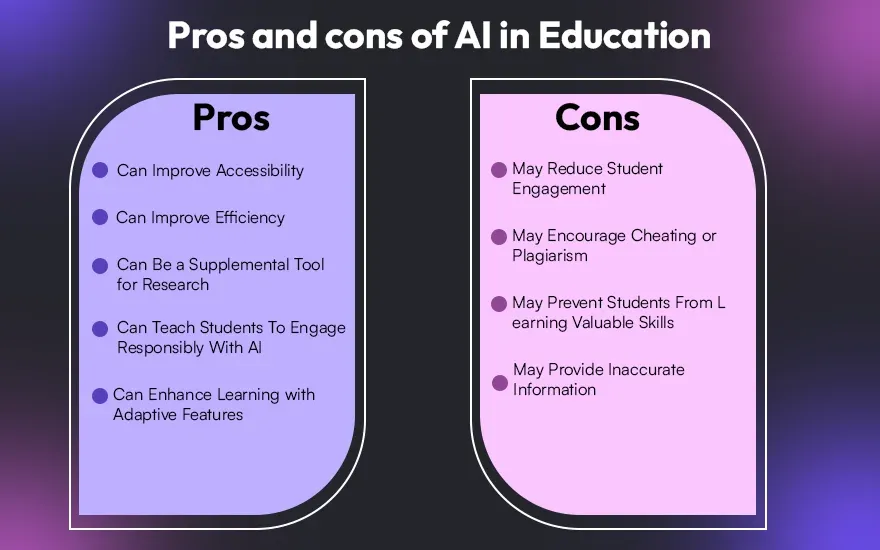
- Can Improve Accessibility
AI democratizes access to educational resources. Such tools can be available for students belonging to various backgrounds; one such tool includes explanations in multiple languages, personalized feedback, and aid for a disabled individual.
- Can Improve Efficiency
AI tools simplify and expedite tasks. For example, students can use AI quickly to organize the notes, draft outlines, or get references, freeing up more time to learn more and analyze more.
- Can Teach Students To Engage Responsibly With AI
Education may be holistic when AI is used responsibly-integrated into learning, teaching students to use advanced tools responsibly and effectively. This skill is essential in a world increasingly plugged to technology.
- Can Enhance Learning with Adaptive Features
AI tutors use adaptive learning technology in the detection of weaknesses and provide support individually for enhanced understanding of the subject and confidence in complex topics.
Struggling with homework? Use AI to simplify the process! AssignmentGPT IO can help you tackle challenging assignments with ease and efficiency.
Cons of Using AI for Homework
Using AI for homework can lead to over-reliance, reduced critical thinking, and potential misuse for cheating. It may also provide incorrect or oversimplified answers, limit creativity, and raise ethical concerns about academic integrity.
1. May Reduce Student Engagement
AI machines decrease students' efforts to understand any subject. Unchecked reliance on these machines will lead students to adopt superficial learning rather than grasping the topic.
2. May Encourage Cheating or Plagiarism
AI makes it easy to create completed homework without adding anything unique. It is actually undermining the integrity of academia, which can have serious consequences for students.
3. May Prevent Students From Learning Valuable Skills
Perhaps the most important skills such as solving problems, critical thinking, and effective communication will take a second seat while students rely on AI for answers to the questions.
4. May Provide Inaccurate Information
AI is not beyond committing an error. They may possess outdated or wrong information, especially with respect to such matters that involve subtle complexity, and this may cause misconceptions.
Is Using AI for Homework Cheating?
Using AI for homework is not cheating in itself, but it all depends on the context and extent of use. If AI is used to help refine and guide work, it fits within the boundaries of ethical procedures, while presenting AI-generated content as your own is definitely a pedagogical offence. The transparency of the use of AI and the respective observation of the regulatory guidelines set by teachers are of paramount importance.
Conclusion
Homework by AI tools are said to be a double-edged sword. They are capable of ensuring ease, efficiency, and adaptive learning capacity but also raise challenges in the form of potential cheating and skill erosion. Students have to use the AI tool in an ethical manner by striking a balance between benefits and commitment towards actual learning. The educators also play a key role in the responsible usage of AI through awareness and innovation. When used in the right way, AI is capable of complementing education, not replacing it.
FAQs
1. Is AI a replacement for conventional homework?
AI is an addition, not a substitution. It helps to learn but cannot substitute human thought and efforts.
2. Are AI tools reliable helpers in homework?
Not completely. Even though the AI tools can provide quick answers, they may sometimes give incorrect or skewed information.
3. How can I responsibly apply AI to homework?
Use AI as a tool for helping you work through problems, clarify doubts, and have ideas, but be sure your final submission is your work with due effort and understanding.
4. What tools can help detect AI-written homework?
Tools such as Turnitin, Copyleaks, and GPTZero are most often applied in educational settings to identify content generated through AI.
5. Is it ethical to use AI for brainstorming homework ideas?
Of course, brainstorming with AI is acceptable, especially with regard to originality and non-plagiarism checks where the final content meets academic standards.
Latest Blog's
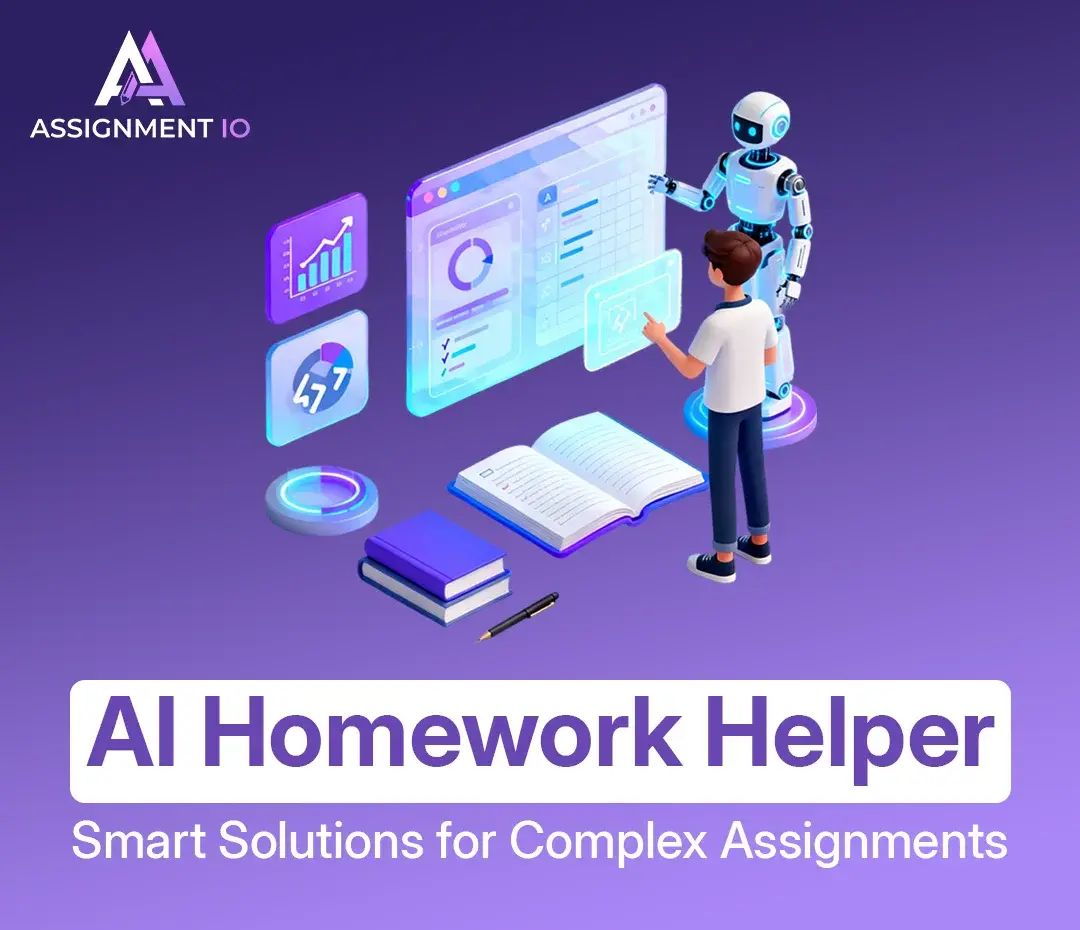
AI Homework Helpers offer fast solutions, personalized learning, and round-the-clock study support for students in every subject.

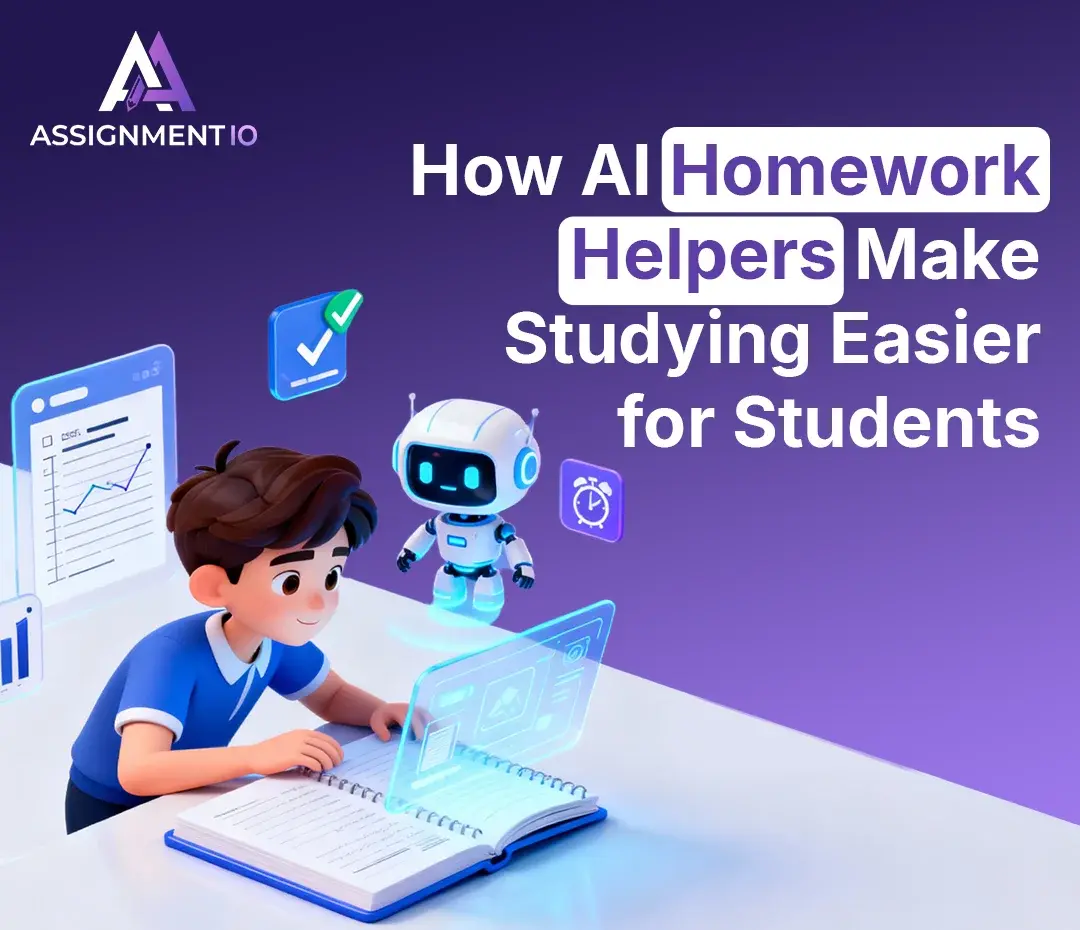
Master exams with superior scores and less study time. Step-by-step tips using ChatGPT, Khanmigo, and Quizlet.

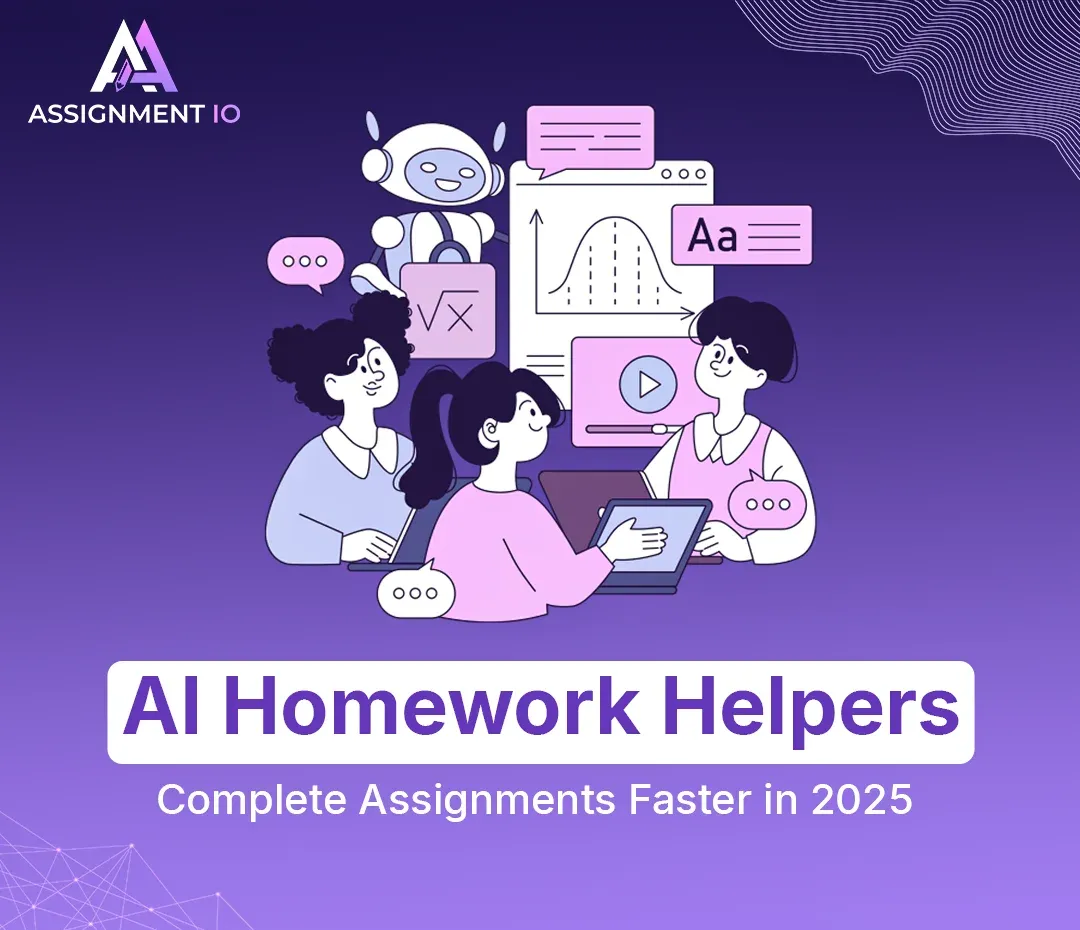
AI homework helpers streamline research, writing, and studying so students learn faster and complete assignments with less stress.

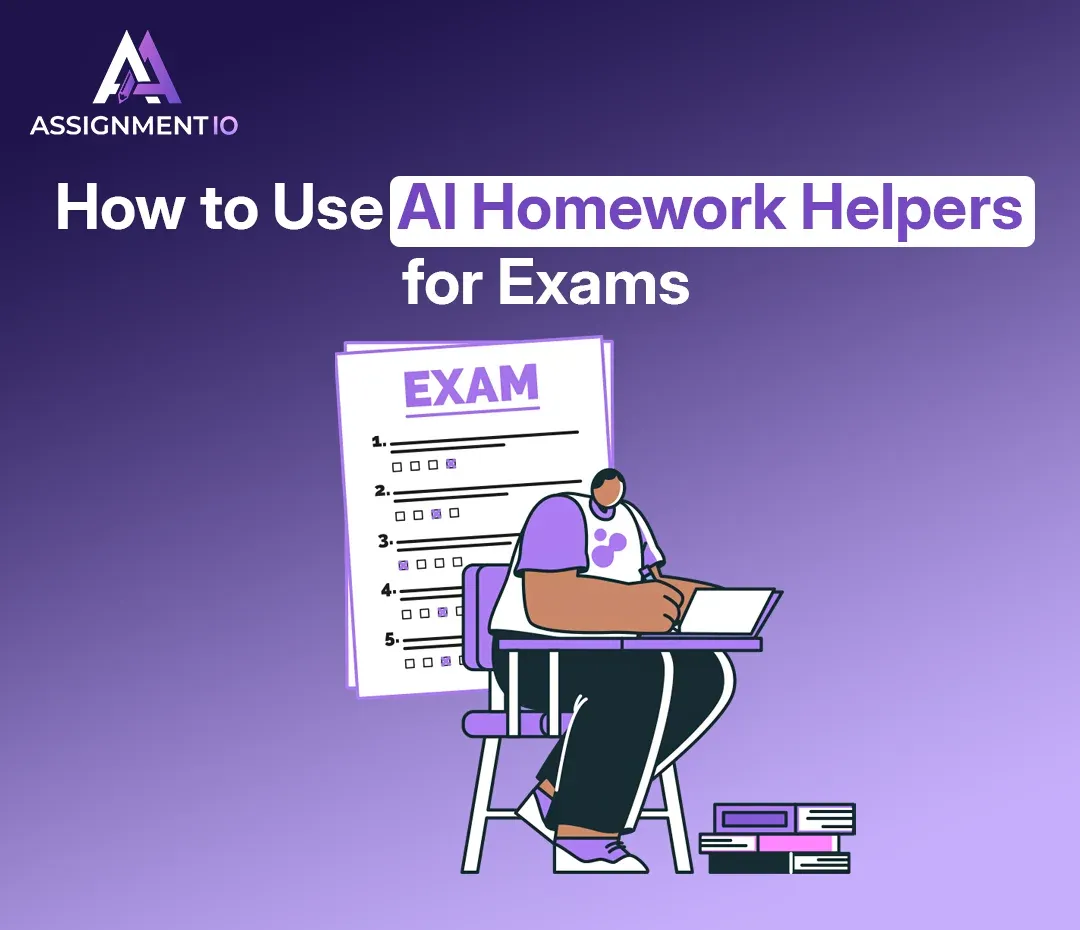
Master exams with superior scores and less study time. Step-by-step tips using ChatGPT, Khanmigo, Quizlet.

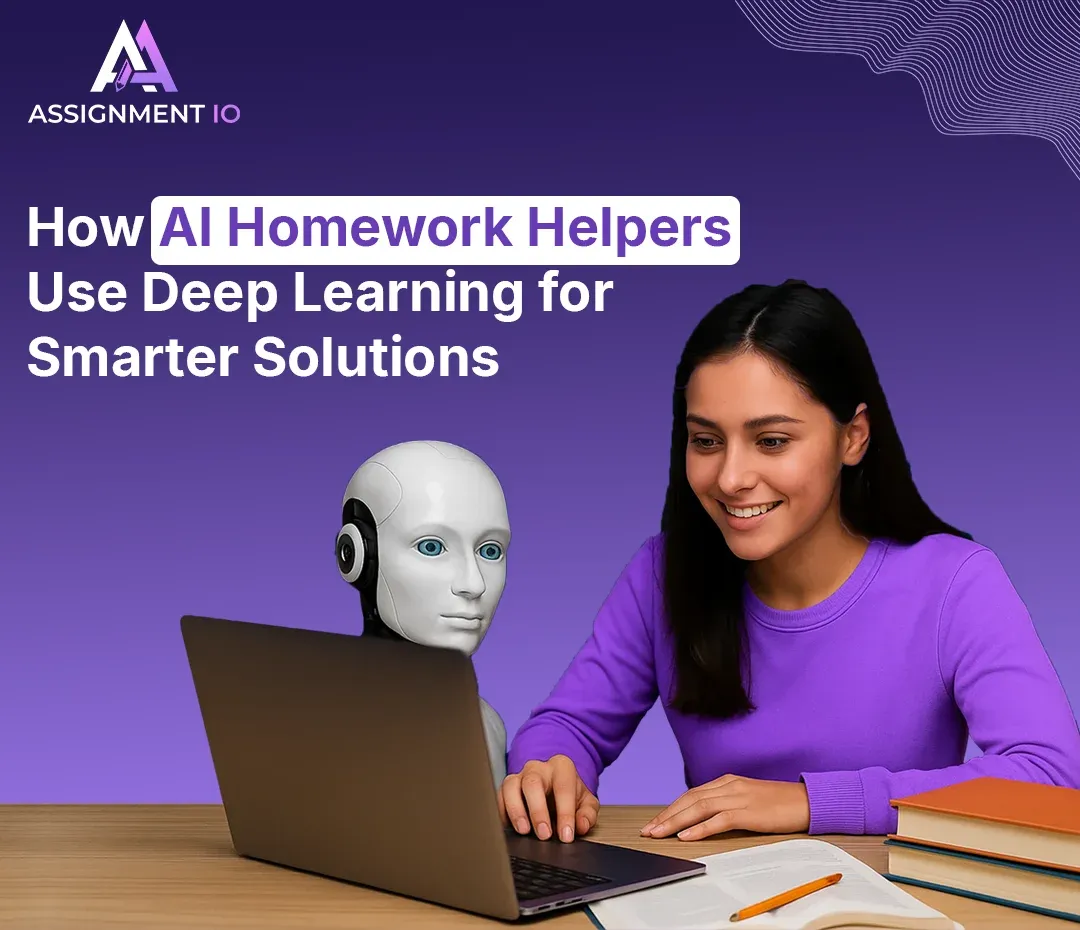
How deep learning makes AI homework helpers smarter, faster, and more personalized for students.

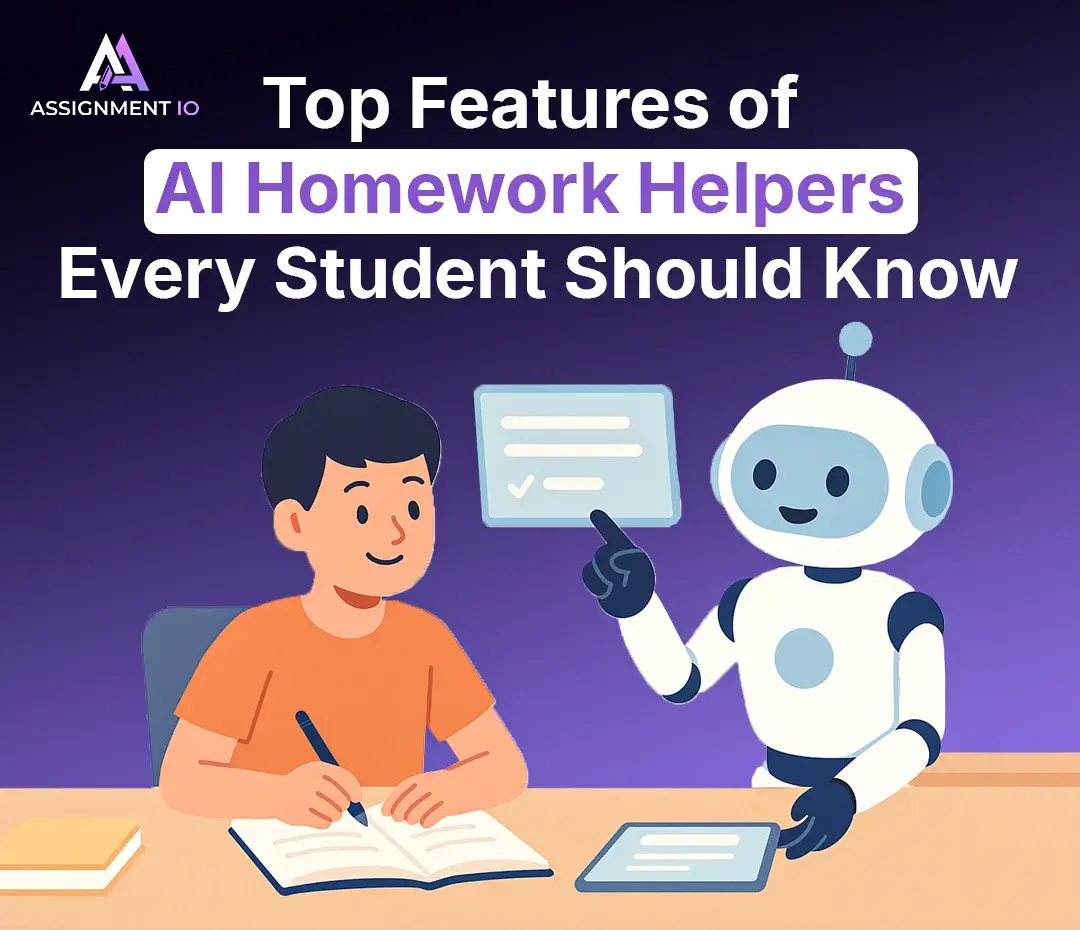
How AI homework helpers save time, boost learning, and provide personalized study support.

